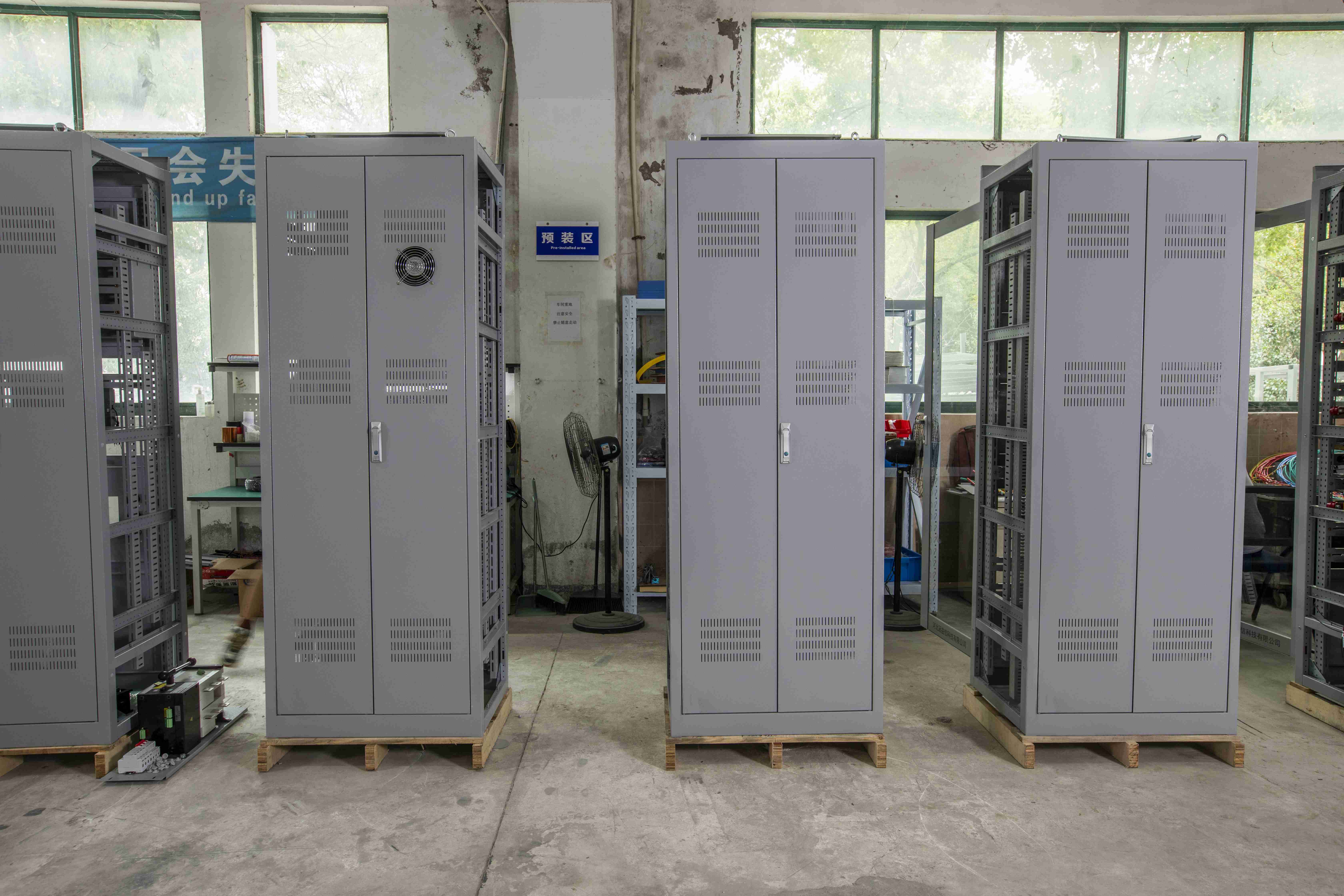
Oct . 22, 2024 04:58 Back to list
Suppliers for Sensors in Energy Storage Data Acquisition Systems
Energy Storage Data Acquisition Sensor Suppliers An Overview
In the rapidly evolving landscape of energy storage systems, data acquisition sensors play a pivotal role in ensuring optimal performance, reliability, and safety. The demand for advanced energy storage solutions, particularly in renewable energy applications such as solar and wind, has escalated. As a result, the market for sensors used in data acquisition has seen significant growth, with several suppliers emerging to meet diverse consumer requirements.
Understanding the Importance of Data Acquisition Sensors
Data acquisition sensors are crucial for monitoring various parameters in energy storage systems, such as voltage, current, temperature, and state of charge (SoC). These sensors enable real-time data collection and analysis, which is essential for managing the performance and longevity of batteries, supercapacitors, and other storage technologies. The insights generated from these sensors help operators make informed decisions to optimize system operation and maintenance.
Key benefits of utilizing data acquisition sensors include enhanced safety, improved efficiency, and predictive maintenance capabilities. By continuously monitoring the condition of energy storage systems, operators can detect anomalies early and mitigate risks related to overheating, overcharging, or other potential failures.
Leading Suppliers in the Market
The market for energy storage data acquisition sensors is characterized by a mix of established players and innovative startups. Here’s a look at some of the leading suppliers in this sector
1. Texas Instruments (TI) A well-known name in the semiconductor industry, TI offers a range of products, including analog and digital sensors for battery management systems (BMS). Their sensors are designed for high accuracy and reliability, making them suitable for a variety of energy storage applications.
2. Analog Devices Specializing in data acquisition solutions, Analog Devices provides high-performance sensors that facilitate precise monitoring of energy storage systems. Their focus on innovation and technology integration helps customers achieve more efficient energy management.
3. Maxim Integrated (now part of Analog Devices) This supplier emphasizes battery management and monitoring solutions. With a portfolio that includes voltage and current sensing solutions, they enable comprehensive data acquisition for energy storage applications.
energy storage data acquisition sensor suppliers

4. Honeywell As a major player in the industrial sector, Honeywell offers a range of sensors for energy management applications. Their expertise in environmental sensing and process control positions them well within the energy storage domain.
5. Siemens Known for its extensive industrial automation solutions, Siemens provides advanced sensor technologies for energy storage systems. Their products are built for integration with smart grids and other energy management systems.
6. Rohde & Schwarz This company specializes in high-end measuring and testing equipment, including solutions for battery testing and monitoring. Their sensors are utilized in research and development as well as in production processes.
7. Sensata Technologies As a global leader in sensor solutions, Sensata offers a variety of sensors tailored for battery monitoring applications, helping to improve the efficiency of energy storage systems.
Future Trends and Innovations
The energy storage market is on the brink of significant transformation, driven by the increasing adoption of renewable energy and electric vehicles. Suppliers are focusing on developing smarter sensors with enhanced connectivity features. The integration of Internet of Things (IoT) technology is becoming a major trend, allowing for remote monitoring and data analytics.
Moreover, advancements in artificial intelligence and machine learning are expected to revolutionize how data collected from sensors is utilized. Predictive analytics can help anticipate failures and optimize maintenance schedules, resulting in increased operational efficiency and reduced downtime.
Conclusion
The role of data acquisition sensors in energy storage systems cannot be overstated. As the demand for more efficient and safer energy storage solutions continues to grow, suppliers play a critical role in delivering advanced sensor technologies that facilitate better management of resources. With innovations on the horizon, the future looks promising for the energy storage sector, driven by the combined potential of cutting-edge sensors and smart technology. As consumers increasingly prioritize sustainability, the importance of reliable data acquisition cannot be overlooked in the pursuit of effective energy management solutions.
-
AI-Powered EMS with GPT-4-Turbo | Efficiency Boost
NewsAug.01,2025
-
Optimized Storage System for GPT-4-Turbo | High Performance
NewsJul.31,2025
-
AI Energy Management System w/ GPT-4 Turbo Efficiency
NewsJul.31,2025
-
High-Performance Energy Storage System for Reliable Power Solutions
NewsJul.30,2025
-
Advanced EMS Solutions for Energy Management System & Storage Battery Companies
NewsJul.29,2025
-
Intelligent Energy Management for Homes - Efficient Storage Solutions
NewsJul.29,2025























